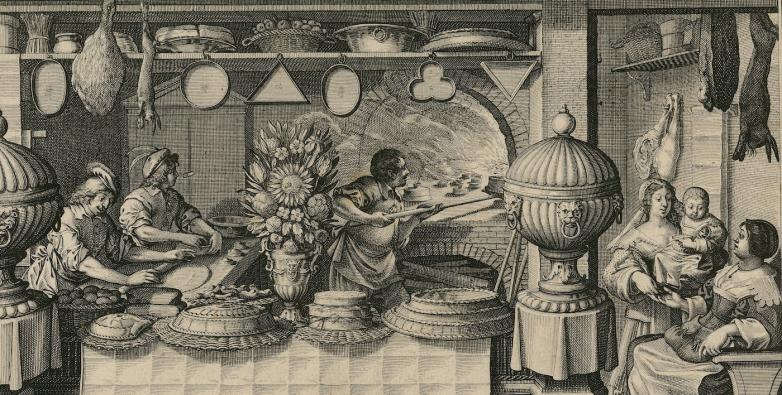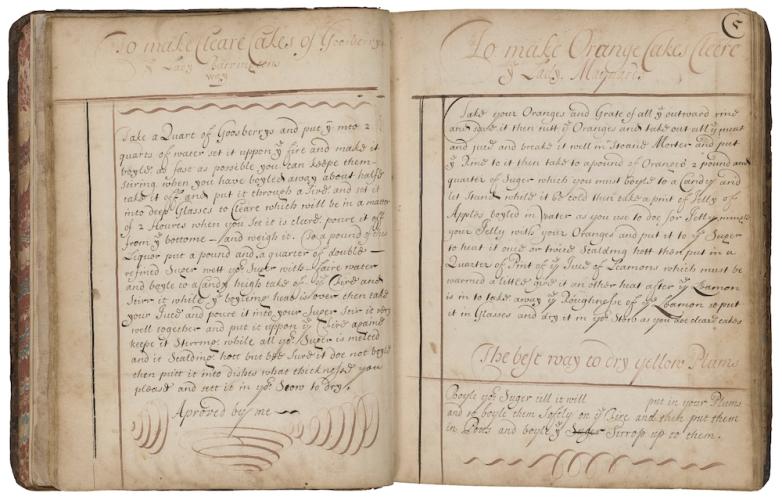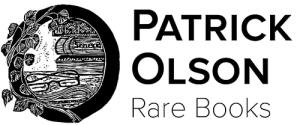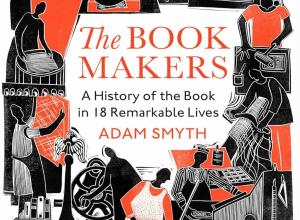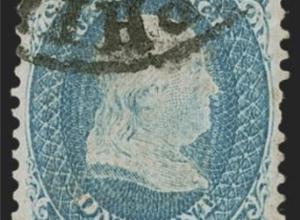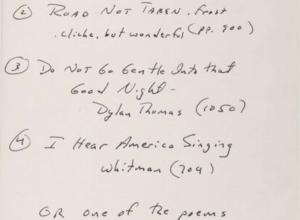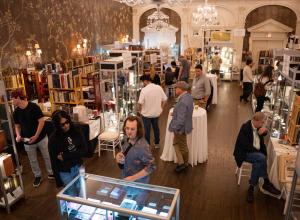The public now has an ever better view of the project though a website launched this week to share the Before ‘Farm to Table’ project discoveries. It includes a host of early modern recipes adapted for modern kitchens (e.g., black-eyed pea fritters inspired by Hercules, the chef enslaved by George Washington); recorded programs of conversations and collaborations with chefs like José Andrés; interactive explorations of early modern foodways through expert thematic guides; and a digitized collection of the Folger’s early modern recipe books with transcripts.
“The Before 'Farm to Table' website is a buffet of delightful memories for the collaborative research team that worked on the project for four years,” commented Kathleen Lynch, director of the Mellon initiative and of the Folger Institute. “We hope users will find exciting prompts for cooking experiments together with insights into the sometimes familiar, curious, and often overlooked histories of foodstuffs. It was a treat to exercise our scholarly hospitality. We gathered scholars and students from across disciplines and career-stages. We also brought to our table performance artists, food professionals, dedicated transcribers of our manuscript recipe books, and many others, reaching deeply into our Folger-wide communities.”

